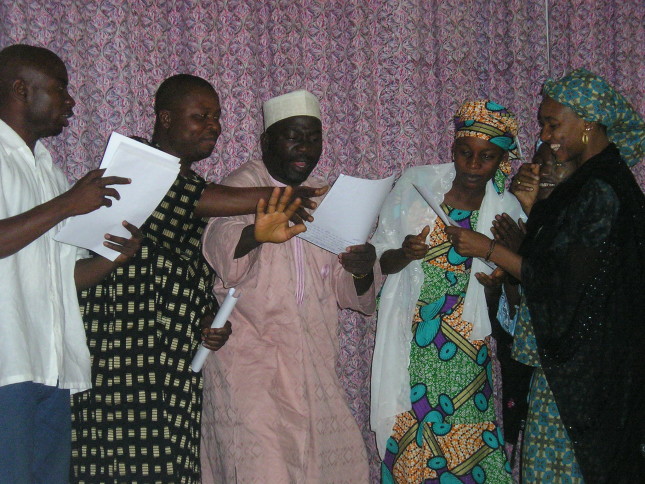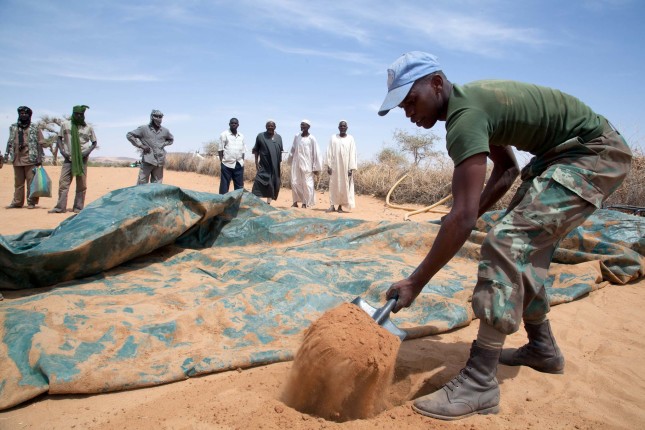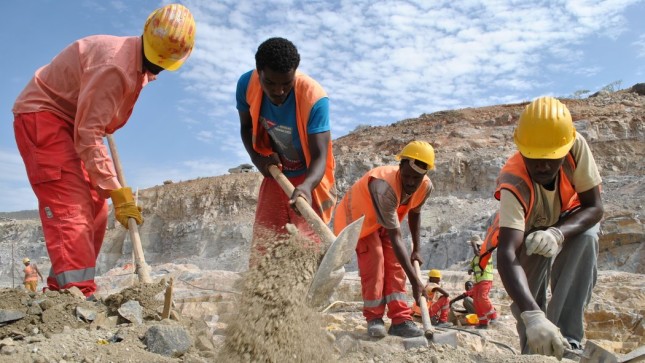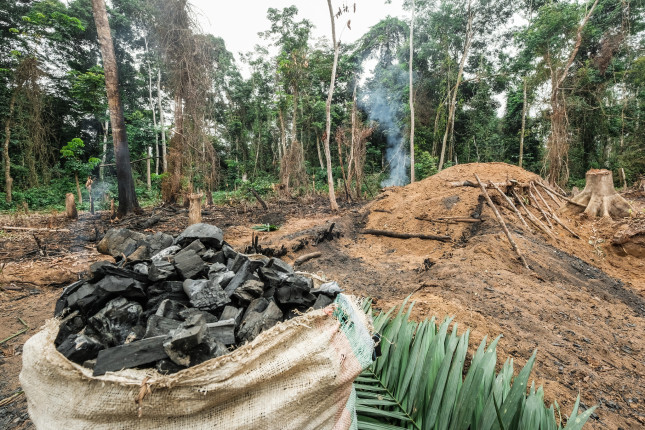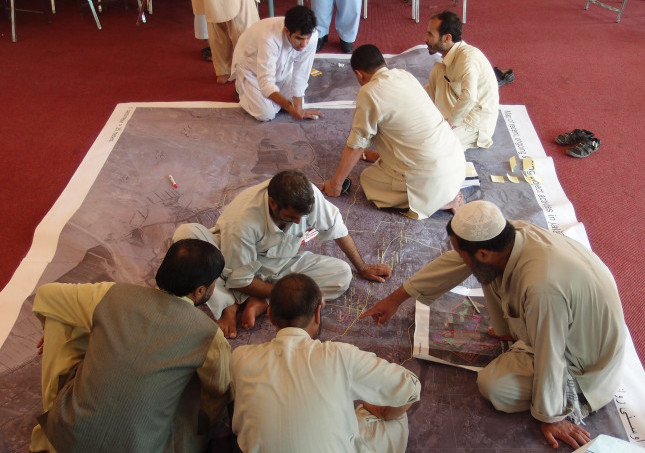-
Providing Water Security in an Uncertain World
›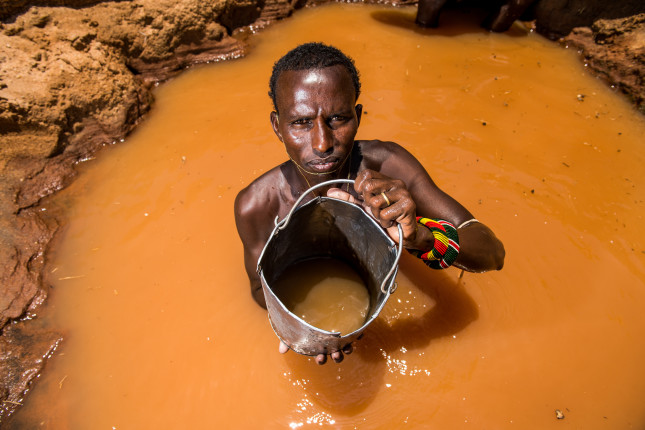
A problem is looming. Most water infrastructure isn’t designed to meet the demands of the increasingly volatile world that climate change is producing. Our modern landscape requires a reconceptualization of infrastructure’s demands and needs that often defies convention. And nowhere is a flexible and responsive approach more crucial than in water infrastructure, where we are experiencing unprecedented changes in flows and increasing pressures on consumption, according to Wellspring: Source Water Resilience and Climate Adaptation, a new report from the Global Resilience Partnership, the Alliance for Global Water Adaptation and The Nature Conservancy. The report explores some ways practitioners can take a new approach to source water protection that would enhance resilience and help sustain communities and ecosystems in a shifting climate.
-
How Soap Operas Can Help Communities Adapt to Climate Change
›
When thinking seriously about a world increasingly afflicted by climate change, radio and television soap operas are not the first things that leap to mind. But for countries likely to suffer the most from climate change, popular serial dramas can play a critical role in helping vulnerable populations adapt to the looming challenges.
-
In Search of Consensus on Climate-Conflict Links
›
What do we (think we) know about the links between climate change and armed conflict? Early attempts to theorize what climate-related conflict might look like were exceptionally successful in sparking policymaker interest in and funding of research on climate-conflict links. But they were more like works of science fiction than science. Since then, research on climate-conflict links has exploded, with hundreds of articles and working papers published on the subject. Moreover, the findings have been all over the map, with some arguing for strong impacts of climate on conflict at multiple temporal and spatial scales, while others argue—in both specific instances, about the supposedly climate-fueled Syrian Civil War, and more generally—that climate-conflict links are overstated.
-
Nile River Water Supply Forecasts May Reduce the Chance of Conflict
›
Rising tensions between Egypt and Ethiopia over construction of the Grand Ethiopian Renaissance Dam (GERD) have led to speculation that there could be a war over water. When completed, the dam will be the largest in Africa. And it will give Ethiopia control over the Blue Nile River, a major source of Egypt’s water.
-
Lost in Translation: How Building “Strong” Institutions can Diminish Human Security in the Global South
›
In the Global South, natural resource conflict has largely been considered a consequence of poor governance and weak political institutions. The international community’s solution? Build “green” governance capacity as a way to mitigate violent conflict and improve environmental outcomes. For the international development community, this has meant introducing laws, policies, and practices based on international standards of best practice, and training local regulators to adhere to those standards.
-
Removing Barriers to Family Planning Essential for Conservation, Groups Agree
›
The voluntary use of family planning, among its many benefits, is good for sustaining the healthy ecosystems that support all wild plant and animal species. This should be common sense. If your mission is environmental conservation, you should want to help remove barriers to reproductive health services, so that all women can space wanted pregnancies and avoid unintended ones.
-
When Climate Change Meets Positive Peace
›
Climate change is being increasingly framed as a security issue—a “threat multiplier” that can amplify the risks of breakdowns in peacefulness. Yet, even extreme climate hazards do not always lead to higher levels of violence.
-
Redefining Geopolitics in the Age of Electric Vehicles
›
Oil has played a pivotal role in shaping geopolitics for more than a century. But the rise of electric vehicles and shift toward cleaner fuels means that the world’s dependence on oil could begin to shrink, with both expected and unexpected consequences.
Showing posts from category Guest Contributor.


